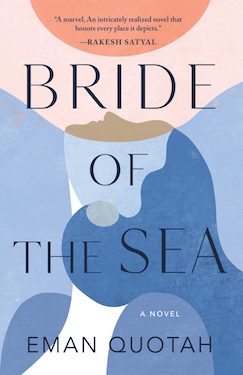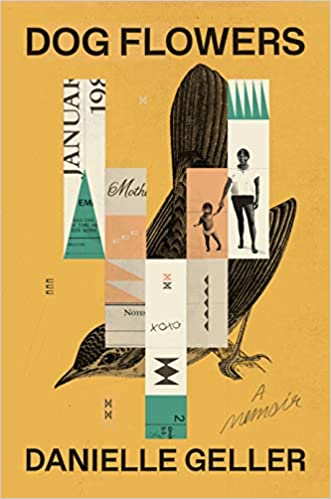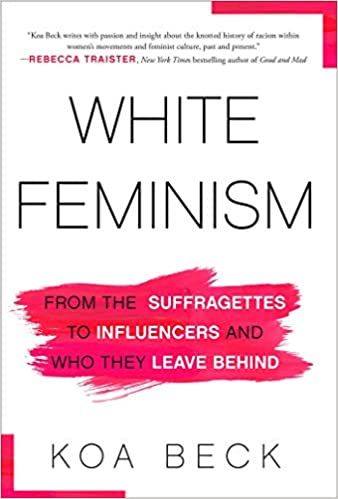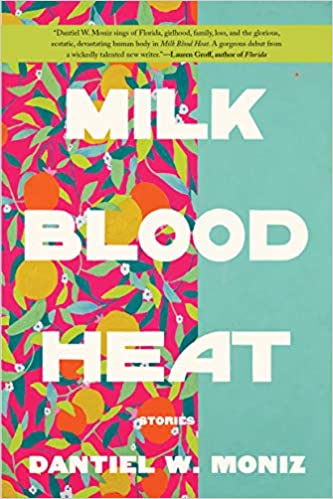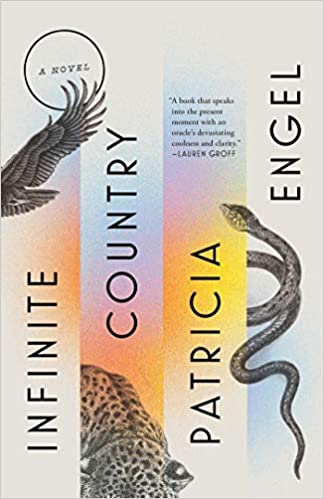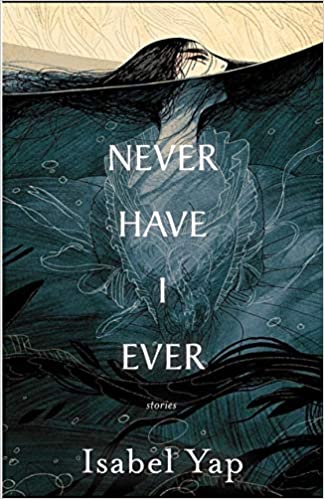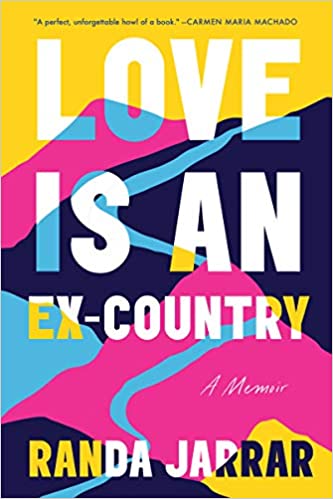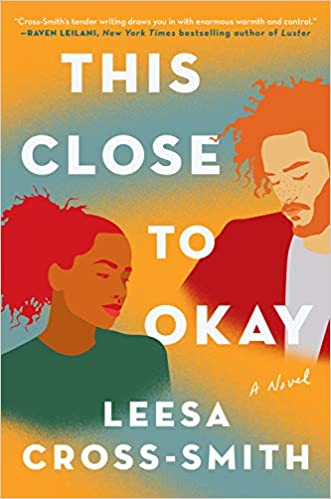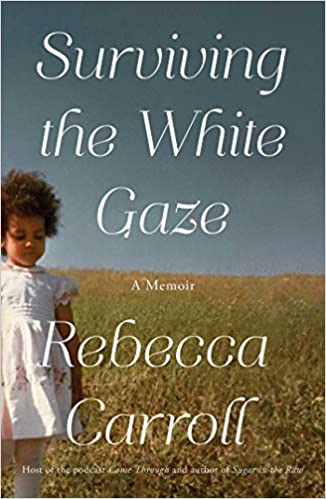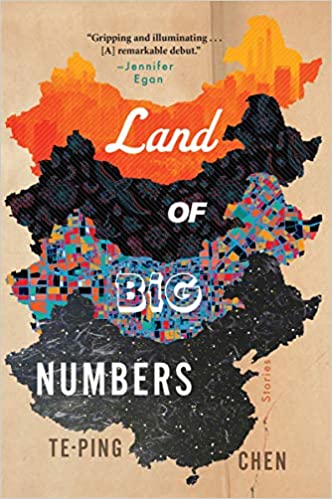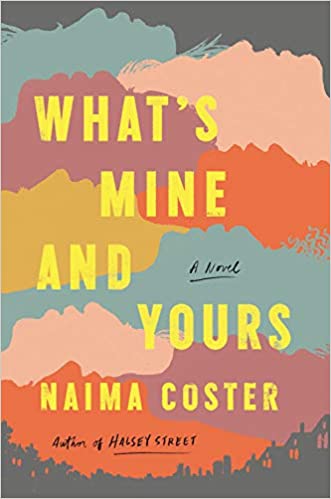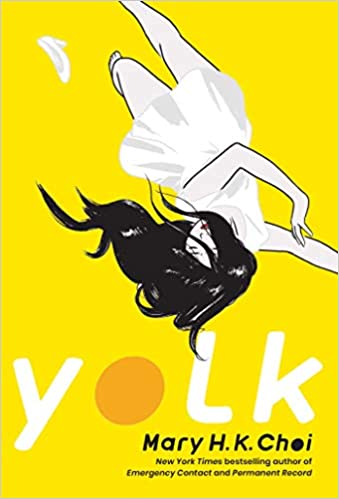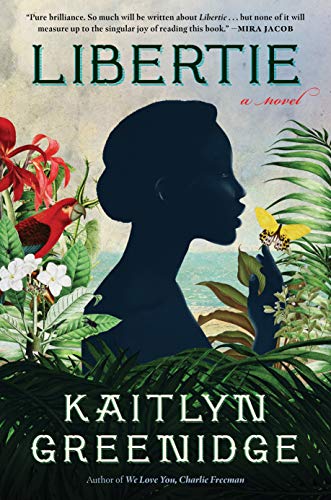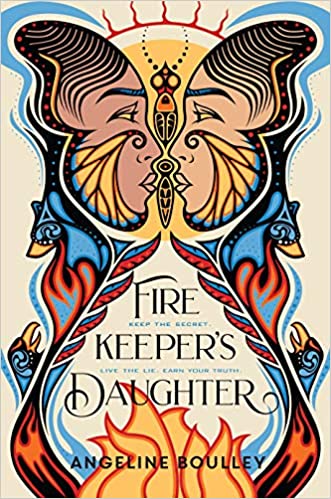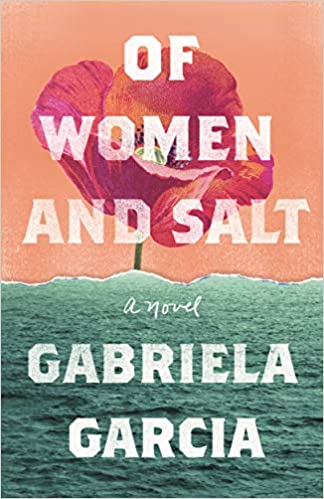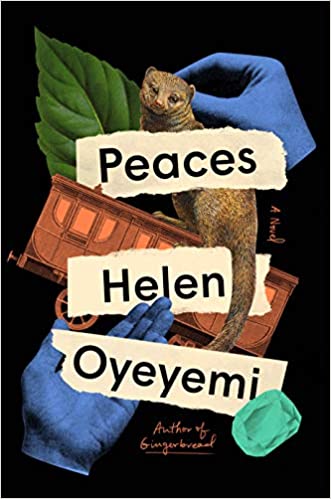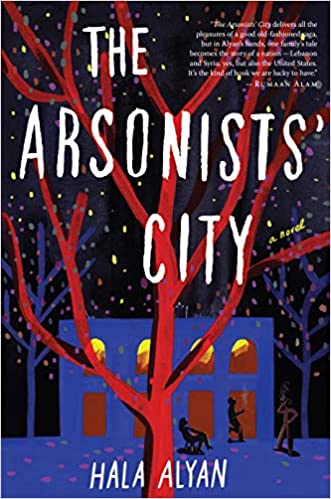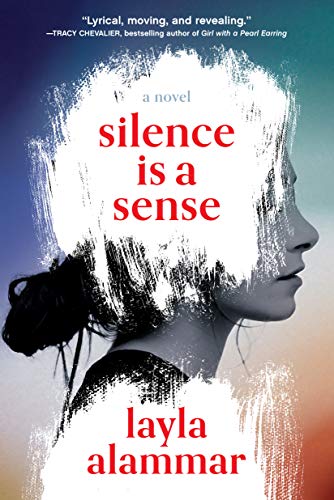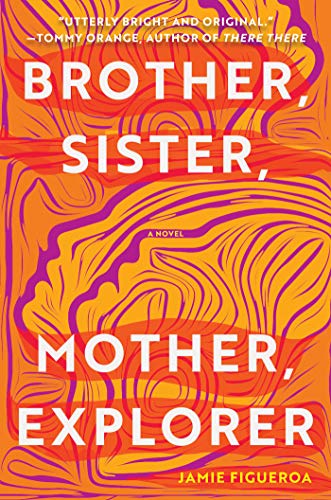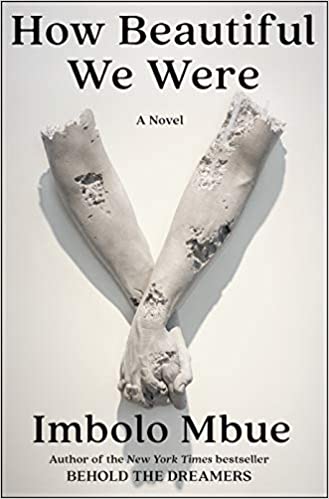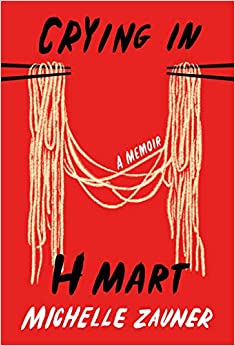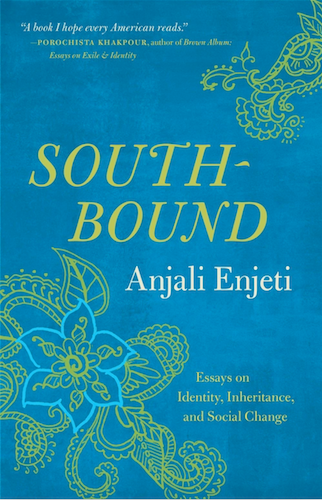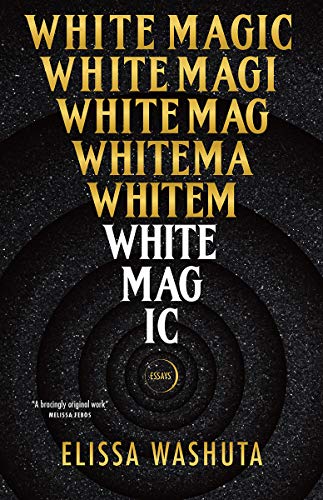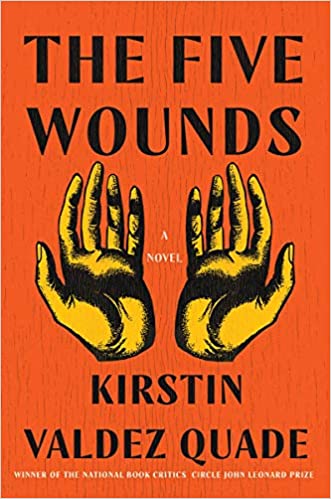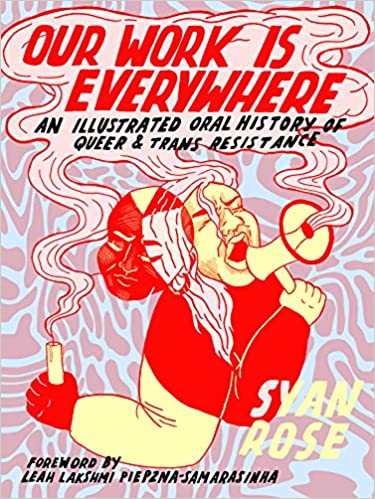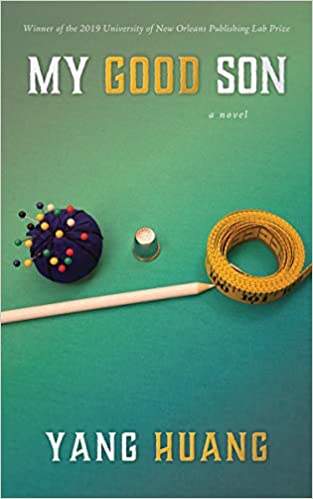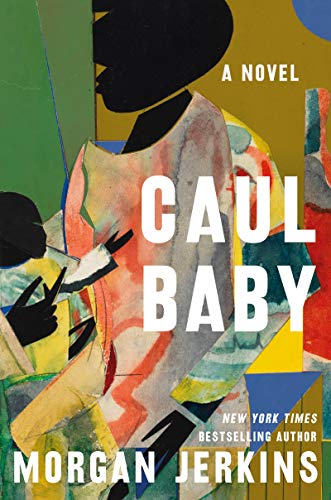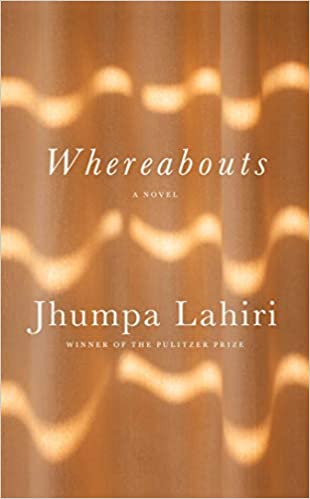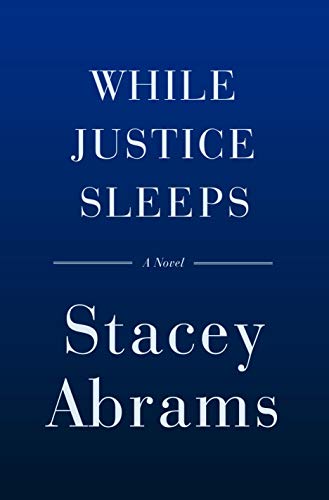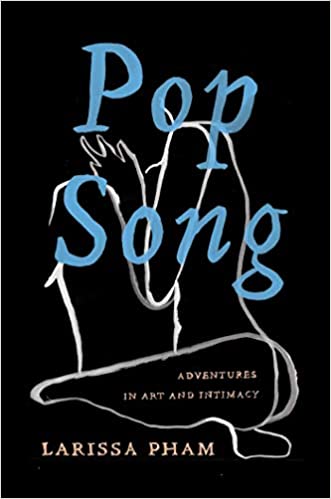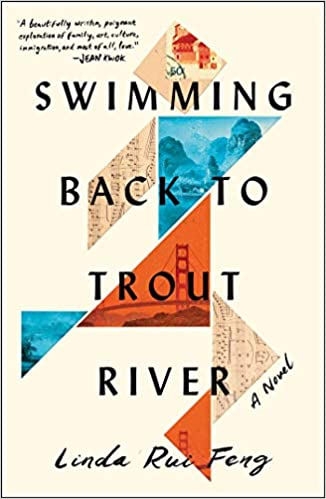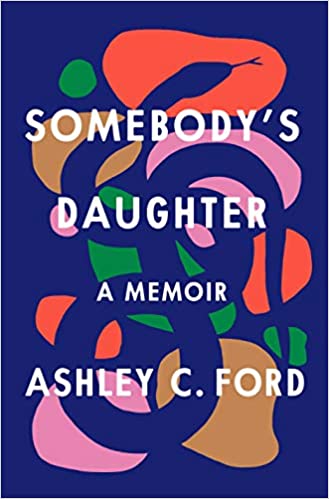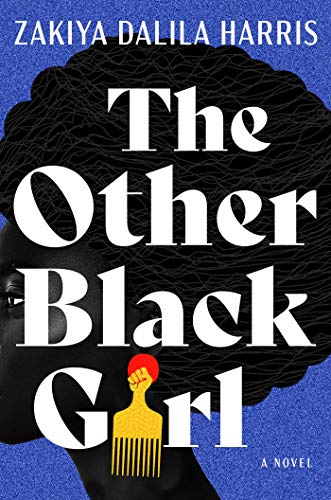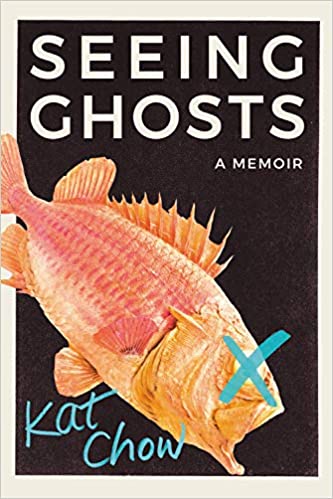If you enjoy reading Electric Literature, join our mailing list! We’ll send you the best of EL each week, and you’ll be the first to know about upcoming submissions periods and virtual events.
This is the fifth year I’ve put together a list of books I’m anticipating by women writers of color, a catalog I started assembling because, in 2016, I found I had trouble finding such upcoming books. It occurred to me that if I published this list, others might find it useful.
The list turned out to be one of Electric Literature’s most shared pieces for the year, and, to my surprise and delight, I’m often told it helps inform school syllabi and other publications’ books coverage. My extravagant hope is that, one day, publishing will be so inclusive, so much more reflective of an increasingly and splendidly diverse country, that we’ll have no need for such a list. Today, plainly, is not that day; as recently as 2018, white people wrote 89 percent of the books published by major publishing companies.
One day, publishing will be so inclusive that we’ll have no need for such a list. Today, plainly, is not that day.
A few words on methodology: this is one list, necessarily incomplete, of books I’m personally anticipating. If you see a book missing and want to support it, a good way to do so is by preordering it from your local independent bookstore, requesting it from the library, shouting about it from social-media rooftops, or hey, all of the above.
In the past couple of years, I’d expanded the list to nonbinary writers; this year, though, I’ve increasingly heard from nonbinary writers that it can be preferable to avoid grouping nonbinary people with women. Accordingly, though I’m eagerly anticipating 2021 books from nonbinary writers of color including Akwaeke Emezi, Rivers Solomon, and Emery Lee, this year I limited this list to forthcoming books from women. The term “of color” is also a flawed, complex label with ever-changing valences—one increasingly replaced by the more specific “Black, Indigenous, and of color,” or BIPOC—and I imagine these categories will keep adapting to better suit our rapidly shifting world.
Please join me in rejoicing over these 44 upcoming novels, memoirs, and collections by women writers of color: though the year ahead looks terribly uncertain, we’ll have these books, and hallelujah.
JANUARY
Nadia Owusu, Aftershocks
I’ve been looking forward to this awhile: a memoir and first book from the Whiting Award-winning Nadia Owusu, one that traverses countries and languages. Nana Kwame Adjei-Brenyah says Aftershocks is “a majestically rendered telling of all the history, hurt, and love a body can contain.”
Eman Quotah, Bride of the Sea
This debut novel is about a newlywed couple in Cleveland whose marriage ends shortly after their first child is born. When the father returns to Saudi Arabia, the mother, afraid of losing her daughter, disappears with their child.
Danielle Geller, Dog Flowers
I first read Geller’s work in a striking New Yorker piece in which she annotated the first page of the first Navajo-English dictionary with her history. In this memoir, Geller returns home after her mother dies, finds eight suitcases filled with her mother’s life, and sets out to better understand her family history.
Koa Beck, White Feminism
From the former editor-in-chief of Jezebel, this book examines the history of feminism. Patrisse Khan-Cullors—cofounder of Black Lives Matter—says Beck “illuminates the broad landscapes of systemic oppression and demands that white feminism evolve lest it continue to be as oppressive as the patriarchy.”
FEBRUARY
Dantiel W. Moniz, Milk Blood Heat
O, The Oprah Magazine says that, in this debut story collection, “like Danielle Evans and Lauren Groff, Moniz is unafraid to expose the darkened corners of the Sunshine State, and of female desire.” Moniz’s work has appeared in The Paris Review, McSweeney’s, and elsewhere.
Patricia Engel, Infinite Country
I’ve admired Engel’s writing a long time, and her new book deepened that admiration. An exquisitely told story of family, war, and migration, this is a novel our increasingly divided country wants and needs to read.
Isabel Yap, Never Have I Ever
A debut collection from Small Beer Press, Never Have I Ever combines fabulism, horror, and science fiction. Charlie Jane Anders says that “these gorgeous stories will help you to glimpse a world that is both stranger and more immense and varied than any you’ve visited before.”
Randa Jarrar, Love Is an Ex-Country
I love Jarrar’s writing, and Love Is an Ex-Country is a memoir about a cross-country road trip inspired by an Egyptian belly dancer’s 1940s journey across America. The book is also, wonderfully, about claiming joy. Carmen Maria Machado calls it “a perfect, unforgettable howl of a book,” and Myriam Gurba says Jarrar is “the Arab femme daddy” of her dreams.
Leesa Cross-Smith, This Close to Okay
This Close to Okay is about two strangers, a therapist and a man on a bridge, who share a life-changing weekend. Cross-Smith’s writing is reliably a delight—Roxane Gay has called her “a consummate storyteller”—and in a time of such isolation, a novel about strangers coming together seems especially appealing.
Rebecca Carroll, Surviving the White Gaze
Carroll, a WNYC cultural critic and podcast host, has previously published interview-based books; now, she’s written a memoir about growing up as the only Black person in her New Hampshire town, and about adoption, belonging, and racism. I would pick this book up based on the title alone.
Te-Ping Chen, Land of Big Numbers
A debut story collection about people in China as well as the country’s diaspora, from a Wall Street Journal reporter who was previously a correspondent in Beijing and Hong Kong. Madeleine Thien says that “Te-Ping Chen has a superb eye for detail in a China where transformation occurs simultaneously too fast and too slow for lives in pursuit of meaning in a brave new world.”
MARCH
Naima Coster, What’s Mine and Yours (Hachette)
From the author of Halsey Street comes an explosive saga about two North Carolinian families on different sides of a high-school integration initiative. An unfailingly generous and compassionate novel.
Mary H.K. Choi, Yolk
In my household, we are such admirers of Choi’s fiction that we tussle over who gets to be first in reading advance copies of her books. Yolk is about two sisters carving out lives in New York City, and about the evolution of their complicated relationship after one of the sisters receives a cancer diagnosis. Moving and funny and trenchant.
Kaitlyn Greenidge, Libertie
If you’re not already reading Kaitlyn Greenidge’s writing, you’re missing out. I remember first hearing Greenidge read a decade ago at the Sunday Salon reading series in New York, and knowing I had to keep following her work. Libertie, Greenidge’s second novel, is inspired by the life of one of the first Black woman doctors in the U.S. during Reconstruction-era Brooklyn.
Angeline Boulley, Firekeeper’s Daughter
A young-adult thriller about an Ojibwe teenager who becomes involved in an FBI investigation of a lethal drug, Firekeeper’s Daughter has drawn comparison to books by Angie Thomas and Tommy Orange.
Gabriela Garcia, Of Women and Salt
Another book I’ve anticipated for a while, Of Women and Salt is a debut novel about the daughter of a Cuban immigrant, Jeanette, who takes in the daughter of a neighbor detained by ICE. Garcia has worked as an organizer in migrant rights movements, and Terese Marie Mailhot says Garcia’s novel is a “true and profound work on migration, legacy, and survival.”
Helen Oyeyemi, Peaces
In Oyeyemi’s new novel, a couple and their pet mongoose get on a sleeper train called The Lucky Day, and it seems as though they’re the only people on the train. Mysteries and improbabilities abound; if you’re familiar with Oyeyemi’s wildly inventive fiction, you know it’s impossible to know what happens next.
Hala Alyan, The Arsonists’ City
I’ve been on the lookout for Hala Alyan’s work ever since I read an unforgettable poem of hers last fall. From the winner of the Dayton Literary Peace Prize and the Arab American Book Award, The Arsonists’ City is a story of a far-flung family that returns to Beirut when the patriarch decides to sell their ancestral home.
Layla AlAmmar, Silence Is a Sense
Silence Is a Sense is a novel about a Syrian woman left mute by the trauma of war and migration. She leads an isolated life in an English city until she begins writing for a magazine and venturing into surrounding communities.
Jamie Figueroa, Brother, Sister, Mother, Explorer
A ghost-beset, angel-haunted novel, Brother, Sister, Mother, Explorer is about a woman trying desperately to help her sibling. Tiphanie Yanique says the book “begins in prayer and does what prayer does–gives us hope, reveals our deepest griefs, and sometimes even redeems.”
Imbolo Mbue, How Beautiful We Were
Set in a fictional town in Africa called Kosawa, Mbue’s expansive, suspenseful new novel is about a community that fights back against dictatorship and environmental pollution. A saga told from the perspective of a generation of children, as well as the family of a girl who grows up to become a revolutionary.
APRIL
Michelle Zauner, Crying in H Mart (Knopf))
I’ve been waiting for this book since reading Zauner’s incandescent short piece about grieving her mother’s death. Zauner, who is also known as the indie rockstar Japanese Breakfast, has written a memoir about food, mourning, race, music, and Koreanness.
Anjali Enjeti, Southbound; also, in May, The Parted Earth
You might have seen a lot of Enjeti’s name lately, as she’s the co-founder of They See Blue, a grassroots organization focused on South Asian American voters. They See Blue has been heavily involved in the elections in Georgia, and a good way to thank Enjeti for her work would be to preorder her first book, Southbound, a collection of essays about social change and identity. She’s also publishing her first novel, The Parted Earth, in May.
Elissa Washuta, White Magic
A new book from the formidable Elissa Washuta, this time an essay collection about land, colonization, and witchery. Melissa Febos says it’s “a bracingly original work that enthralled me in a hypnosis on the other side of which I was changed for the better, more likely to trust my own strange intelligence.”
Kirstin Valdez Quade, Five Wounds
I’ve loved Quade’s writing for years, and her first novel, Five Wounds, is about five generations of the New Mexican Padilla family and a new baby. “All the fabulous mess of humanity is, somehow, in these pages,” says C Pam Zhang.
Syan Rose, Our Work Is Everywhere
In this graphic nonfiction book, subtitled as “An Illustrated Oral History of Queer and Trans Resistance,” queer and trans organizers, artists, leaders, and others speak in their own words about their experiences with resistance and justice.
Yang Huang, My Good Son
Huang’s second novel is about a tailor living in post-Tiananmen China who hopes to send his son Feng to the U.S. to study. He asks an American customer for help sponsoring Feng, and what results for the tailor and his family shines a light on vast, abiding disparities in opportunity.
Morgan Jerkins, Caul Baby
A woman who desperately wants a child, and whose previous pregnancies have ended in sorrow, turns to magic in the form of a powerful family’s healing abilities. Caul Baby is a debut novel from Jerkins, who has written two previous nonfiction books and is a contributing editor at Zora.
Jhumpa Lahiri, Whereabouts
Whereabouts is the first novel in almost a decade from the Pulitzer Prize-winning Lahiri, and it’s about a woman who both wants to belong and has trouble forming lasting ties. Intriguingly, Lahiri first wrote this book in Italian—a language she started learning relatively recently—then translated it into English.
MAY
Stacey Abrams, While Justice Sleeps
The incredible Abrams has not only devoted herself for years to voting rights in Georgia and elsewhere, but she also has written nine romantic-suspense thrillers under the name Selena Montgomery. While Justice Sleeps will be the first novel she’ll publish as Stacey Abrams, and the book is centered on lifetime appointments to the U.S. Supreme Court, and on what can happen when one person has too much control over the country. May this book absolutely thrive.
Larissa Pham, Pop Song
A debut memoir-in-essays about love and art, featuring the work of Anne Carson, Frank Ocean, and Agnes Martin, among others. “There are so many times in my past when reading Pop Song could have saved my life,” says Esmé Weijun Wang. “It may very well save yours.”
Linda Rui Feng, Swimming Back to Trout River
Feng’s debut is about a ten-year-old girl in a small Chinese village in 1986 whose parents live in America and have promised to return by her twelfth birthday. A novel about longing and secrets and immigrant compromises, one Garth Greenwell calls one of the most beautiful debuts he’s read in years.
JUNE
Ashley C. Ford, Somebody’s Daughter
I’ll jump to read Ford’s writing, and this is her first book, a memoir about her childhood with a father in prison. Her writing shines with extraordinary insight and grace, and Somebody’s Daughter is a book so many of you will want to read.
Zakiya Harris, The Other Black Girl
A debut novel about two young Black women who meet in the predominantly white world of publishing in New York, from a writer who’s worked as an editor at Knopf. Attica Locke calls The Other Black Girl “the funniest, wildest, deepest, most thought-provoking ride of a book.”
AUGUST
Kat Chow, Seeing Ghosts
This is another book I’ve been anticipating for years, as I’ve long admired Kat Chow’s work with NPR Code Switch. Chow’s memoir is a debut centered on her mother’s death, and Jacqueline Woodson says it’s “a love song to loss, to family, to the power of writing things down and remembering.”
Carolina De Robertis, The President and the Frog
The President and the Frog is about the former president of an unnamed Latin American country, and a long conversation he has in his lush presidential gardens with a journalist. De Robertis’s large-hearted fiction is always a boon, and I’m so glad we’ll have more of it soon.
Anna Qu, Made in China
In this debut memoir, Qu tells the story of how, as a teenager in Queens, she was sent to work in her family garment factory, and was punished for doing her homework. Qu alerted the Office of Children and Family Services, and what resulted had lasting consequences she explores in what Alexandra Chang calls “a sympathetic, brave portrayal of the confusions, difficulties, and hurts that come with growing up between worlds.”
FALL AND BEYOND
Imani Perry, South to America
Perry is another writer whose work I’ve loved following for years. She is the Hughes-Rogers Professor of African American Studies at Princeton University, and her remarkable writing and scholarship mostly focus on Black thought and imagination. The nonfiction South to America takes readers on a trip through the American South, which, Perry argues, is the American heartland.
Munroe Bergdorf, Transitional
Transitional is the first book from the groundbreaking Black trans activist and model Bergdorf, who was named Changemaker of the Year by Cosmopolitan. Described as a gender manifesto arguing that everyone experiences transitions of many kinds, Transitional also examines the history of gender throughout the world.
Natashia Deón, The Perishing
NAACP Image Award Nominee Natashia Deón’s first novel was a revelation, and she returns with The Perishing, a portrait of a Black immortal woman in 1930s Los Angeles trying to save the world.
Zeba Blay, Carefree Black Girls
This collection of essays by culture writer Blay celebrates influential Black women throughout history, including Josephine Baker, Rihanna, and Cardi B.
Chibundu Onuzu, Sankofa
From the writer of the moving Welcome to Lagos, this novel follows the life of a biracial woman who learns that her father was a radical who became a controversial leader of his West African country.


